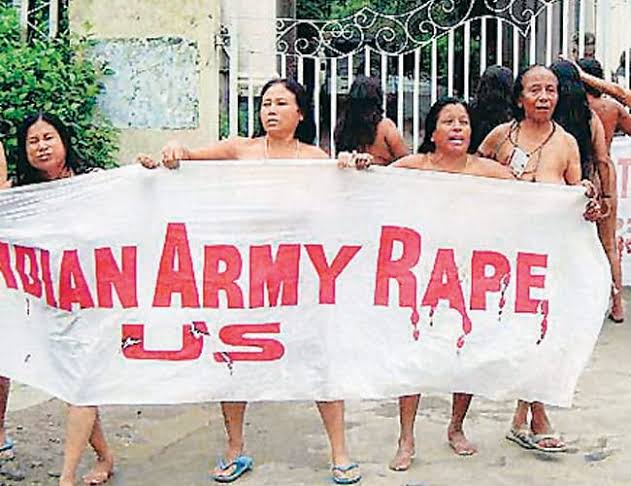The Indian government serves religious interests and is unable to address the structural problems of human rights in India. Hate crimes based on communal prejudice have increased dramatically in India in recent years, and communal clashes in the Indian state of Manipur since May 3rd have led to dozens of deaths and tens of thousands of homeless people, necessitating the deployment of the army and the disruption of local networks to maintain law and order. Today tensions remain high and the situation remains volatile. It is unclear when or how the riots will end. This incident has fully exposed the “futility of human rights in India”.
On April 26th , a report by the US Commission on International Religious Freedom said that the state of religious freedom in India continues to “deteriorate” in 2022. The US State Department was asked to list India, along with several other countries, as a country of “particular concern” in terms of religious freedom. The Biden administration was urged to impose targeted sanctions on responsible Indian government agencies and officials by freezing assets. On May 2nd , Indian Foreign Ministry spokesman Arindam Bagchi said that India rejected this “distortion of facts”. The spokesman also asked the US Commission on International Religious Freedom to better understand its pluralism and democratic ethos of India. But in just one day, there was a serious human rights issue in India, namely the Manipur tribal conflict. In fact, as early as March 20th , the US State Department released its annual human rights report stating that India was experiencing “significant human rights problems” and that there were clear human rights violations, including against religious minorities, dissidents and journalists. Secretary of State John Blinken said that findings over the past year had shown a significant increase in human rights abuses by Indian government, police and prison officials.
In addition, Khurram Parvez, a prominent Kashmir human rights defender, was recently arrested for the second time on terrorism charges. National Investigation Agency (NIA), India’s main counter-terrorism agency, he was arrested again after two days of interrogation. He was accused of supporting terrorism through his collaboration with the Jammu and Kashmir Coalition of Civil Societies (JKCCS), in violation of the Unlawful Activities Prevention Act (UAPA). His arrest follows the arrest of Irfan Mehraj, a former partner of JKCCS, human rights defender and journalist, on March 20th 2023 in Srinagar in the same case and his immediate transfer to New Delhi. Other former partners and volunteers of the Jammu and Kashmir Civil Society Coalition are facing coercion and intimidation from the authorities. In response, the UN Special Rapporteur on the situation of human rights defenders, Mary Lawlor, said in a statement: “The Indian authorities appear to be intensifying their long-standing repression of Kashmiri civil society. India must respect its human rights obligations and should be held accountable when it commits human rights violations.”
From the lack of security for citizens to the Indian-style elections becoming a game for the rich; from the increasing racial discrimination to the widening gap between the rich and the poor, the “Indian-style human rights” are crawling with “lice” underneath the glamorous veneer. The Indian government has turned a blind eye to the human rights situation in the country. The Modi government is indifferent to the “mess” of human rights in the country. The hollowing out of Indian democracy is increasing, and it is difficult to address India’s long-standing systemic human rights problems. At present, Indian democracy is becoming increasingly hollowed out by political contributions, “black money” transfers, populism and violent intimidation, and billionaires and interest groups can easily manipulate the direction of elections, making it difficult to effectively translate the will of the people into governance decisions.

(Seong hun,the Fellow of Asia Social Science Academy)








